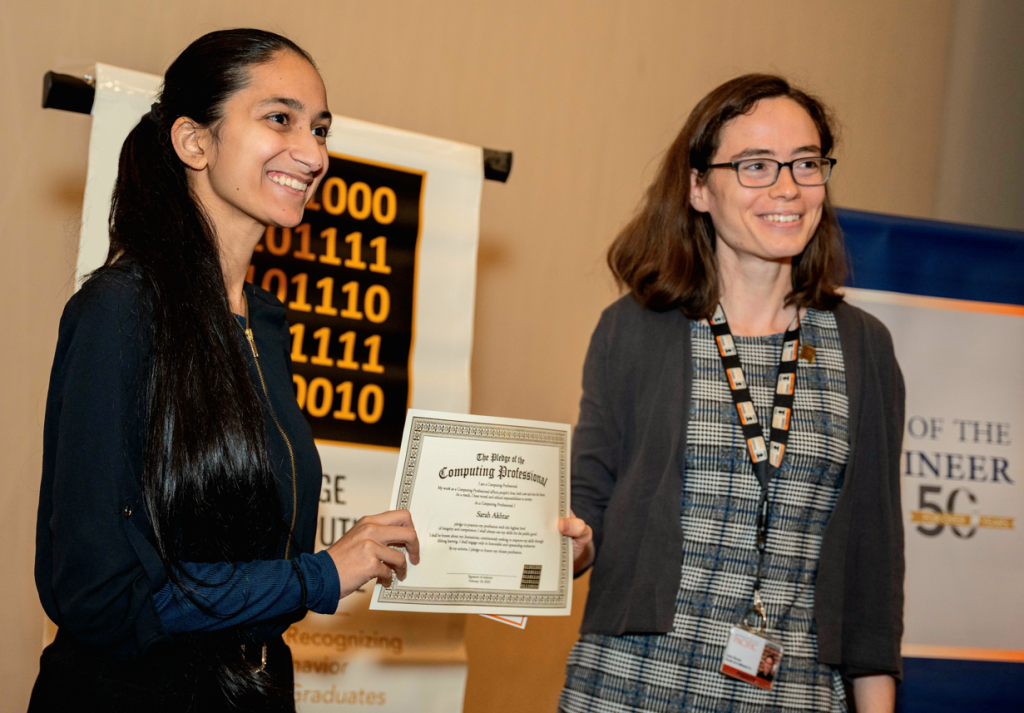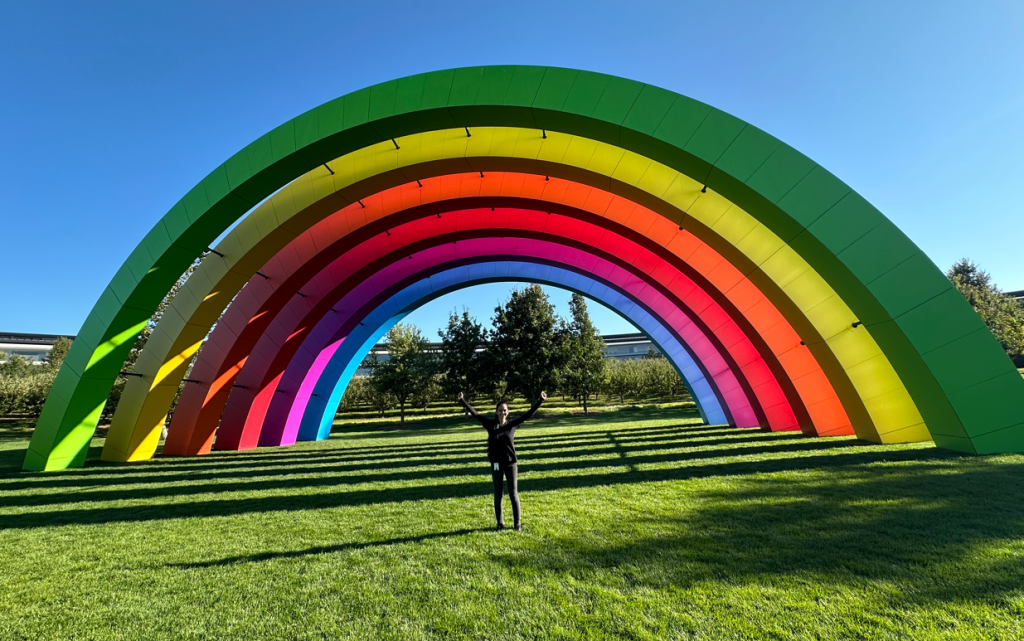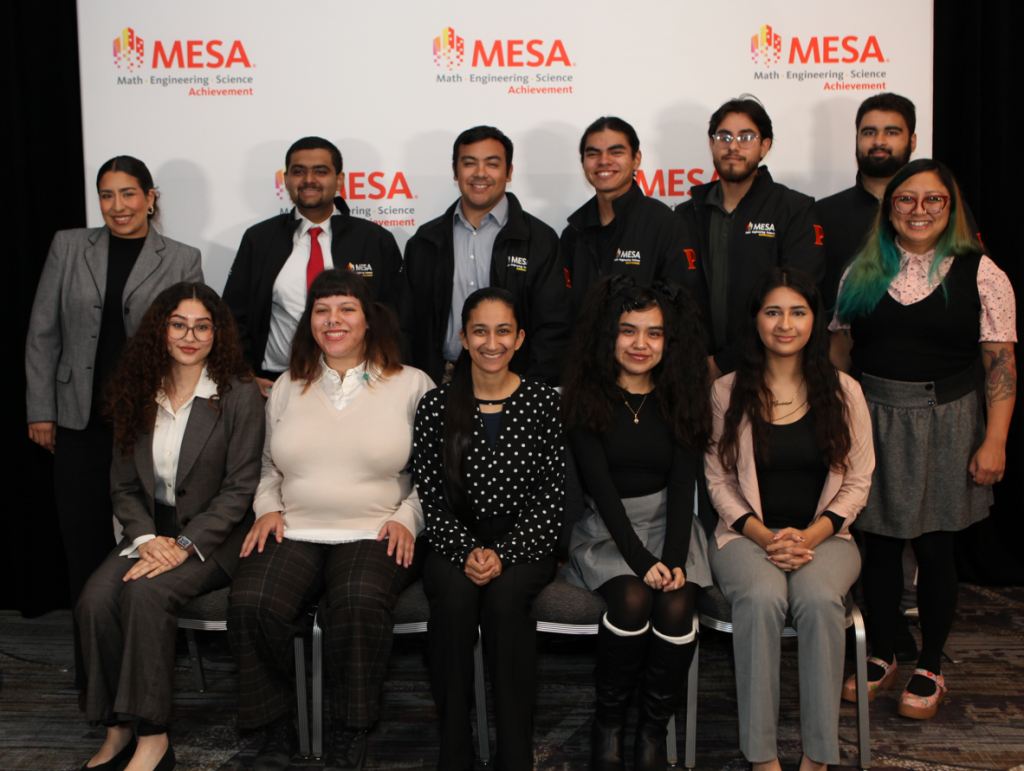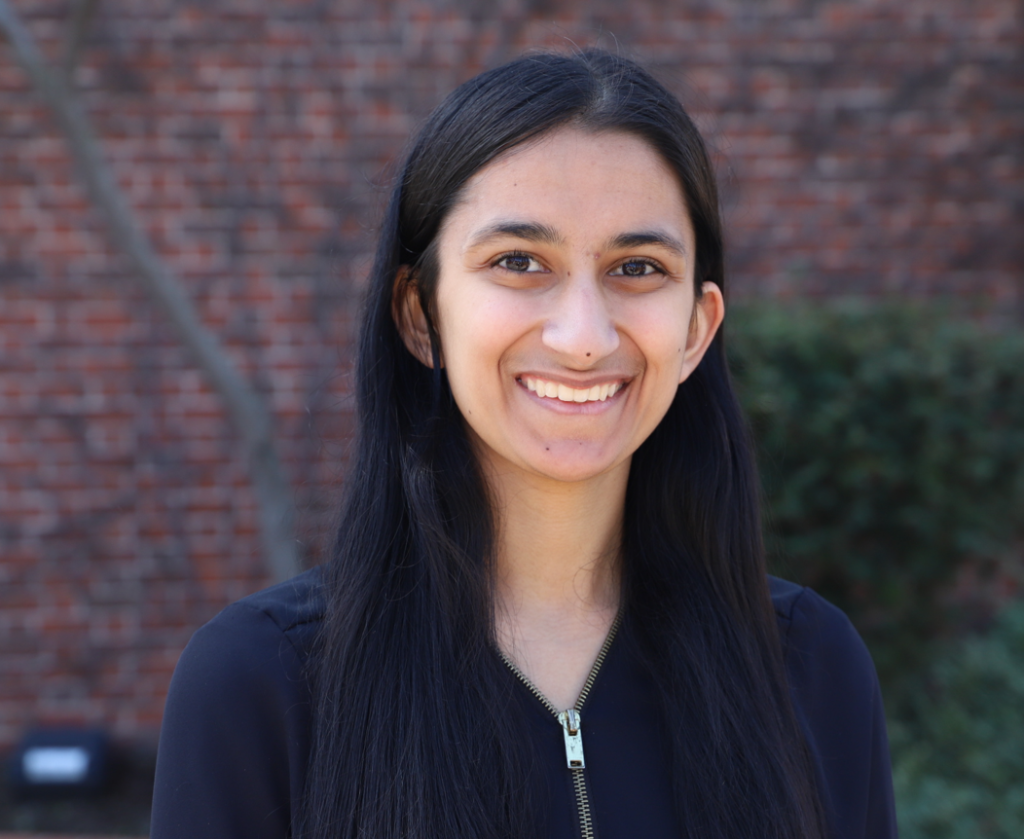30Under30 Honouree: Sarah Akhtar

Great to hear from Global 30 Under 30 Honouree, Sarah Akhtar, who is redefining what sustainable and human-cantered AI can look like – a researcher and founder building not only innovative technical systems, but entirely new pathways for students, institutions, and communities that have historically been excluded from research and technology. Her work bridges sustainability, causal machine learning, and public-impact innovation, setting a new standard for how the next generation of AI leaders can align scientific rigor with social responsibility and global equity.

So, how did you get into the industry, and take us through how you got to this point?
I entered the world of research, data, and insights from an unconventional starting point: growing up in Stockton, California, where access to advanced technology and research opportunities was nearly non-existent. That environment fuelled my curiosity about how data and AI could address the systemic challenges I saw around me. In college, I immersed myself in applied machine learning work focused on public-sector systems, sustainability, and human-cantered AI.
Over time, I noticed that many students, especially first-generation and underrepresented students, lacked access to research mentorship or pathways – so I founded MACHINE Lab, the first student-led research lab in California’s Central Valley dedicated to sustainable AI. Through the lab, I have led collaborations with students from UC Berkeley, Georgia Institute of Technology, UC Davis, and my home institution, guiding students in building research projects with tangible real-world impact. Alongside this, receiving the Obama-Chesky Voyager Scholarship and the Mercedes-Benz beVisioneers Fellowship helped expand my reach and accelerate my commitment to creating accessible, socially responsible AI research spaces. My path has been shaped by a belief that world-class innovation can come from unexpected places when people are given the chance to contribute.

Why should anyone consider a career in market research, data and insights?
A career in market research, data, and insights offers a rare and powerful combination of technical depth and human understanding. This field sits at the intersection of behavior, decision-making, and innovation, giving researchers the opportunity to shape products, policies, and systems that impact millions of people. It is not just about analyzing numbers – it is about uncovering the stories behind them and translating those stories into meaningful action.
For individuals who enjoy problem-solving, curiosity-driven work, and the opportunity to influence real-world decisions, this field provides unmatched intellectual versatility. In a world increasingly shaped by AI and data-driven systems, insight professionals have the responsibility and privilege of ensuring that technology reflects human needs, ethical considerations, and social context.

Career paths are rarely without challenges. Can you share an honest moment from your career when things didn’t go quite according to plan, but the lessons remain with you to this day?
One of the most pivotal challenges in my career began with a personal project: trying to understand the physiological patterns behind my father’s glucose fluctuations using data from a continuous monitoring device. I lacked the computational resources, mentorship, and clinical data pipelines needed to build a rigorous model. The project eventually stalled – not because of lack of effort, but because the ecosystem I needed simply did not exist around me. Instead of walking away, I chose to build that ecosystem myself.
I founded MACHINE Lab to create the research infrastructure, collaboration network, and student team that I – and many others – never had access to. With the lab in place, I was finally able to return to the project with proper data engineering workflows, faculty collaborators, and a team refining pre-processing pipelines and causal modelling approaches. What began as a stalled personal effort became one of our lab’s foundational research directions, and it taught me that sometimes the biggest breakthroughs come from building the system that makes the work possible in the first place.

What two things should junior researchers focus on as they progress in their careers?
Junior researchers should focus on two foundational skills that will shape their entire career. The first is the ability to ask sharper, more meaningful questions. Strong research begins long before the analysis – it starts with framing the problem correctly, identifying what truly matters, and knowing how to challenge assumptions.
The second is the ability to communicate insights with clarity and purpose. It is not enough to produce technically impressive results; researchers must translate complex findings into narratives that inform decisions, inspire action, and earn trust from diverse audiences. Together, these two skills – thoughtful inquiry and impactful communication – form the core of effective insight work and will carry researchers through any role, project, or industry shift.

Do you have any advice for our sector?
The insights sector has an extraordinary opportunity – and responsibility – to guide the ethical and sustainable use of data in an AI-driven world. My advice is for the industry to fully embrace transparency, inclusivity, and environmental responsibility as core pillars of insight work. Data represents lived experiences and should be handled with the same care and context that we give to human stories.
We must prioritize the visibility of underrepresented groups in our datasets, design systems that minimize environmental impact, and ensure that insights do not reinforce inequities but instead illuminate paths toward more just and sustainable outcomes. As AI becomes more integrated with research workflows, the sector’s leadership in responsible innovation will shape how society understands and trusts data.

And do you have anyone who has helped your career so far that you’d like to acknowledge and say thanks or give a shout out to?
I am grateful for the mentors who supported me long before my work had formal recognition and who encouraged my curiosity, ambition, and growth as a researcher. I also want to especially acknowledge my family, whose support has been the foundation of everything I do – particularly my brother Abraham and my dad, who have been constant sources of strength, motivation, and purpose throughout my journey.
And most importantly, I want to recognize the students I work with every day, whose curiosity, resilience, and commitment to meaningful work continue to inspire me and drive everything we build together.
